Mike Castro
Chief Financial Officer
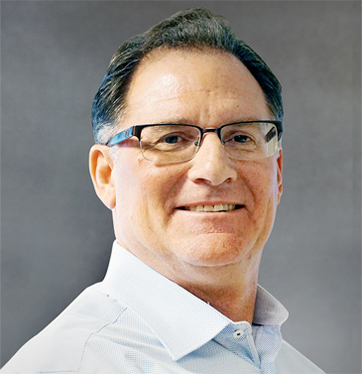
Health and well-being are closely intertwined with our planet and our communities. Our purpose as an organization answers the question of why we do what we do: creating smiles, improving health and enhancing lives. And we understand the importance of how the social and environmental impacts of our business can drive meaningful change. This is why we are working to embed efficiency and sustainability into everything we do.
We are part of one of the largest integrated dental benefits systems in the country with:
Our leadership position in dental insurance — and our ability to reach millions of people — presents us with a unique opportunity to make a positive impact on both the environment and in our communities.
I am pleased to share our Efficiency & Sustainability Report, which highlights several accomplishments and plans for continuous improvement, such as increasing paperless adoption both in our own operations and with our customers, improving data center efficiency and giving back to our communities. I look forward to our next steps together.

Mike Castro
CFO

Implementing continuous improvements that reduce our energy, waste, water, paper consumption and carbon footprint.
Learn More
Partnering with suppliers, promoting environmentally preferred purchasing and exceeding our customers’ expectations.
Learn More
Engaging 95,000 dental providers and 35.5 million enrollees to make a difference with online tools and giving back to our local communities.
Learn MoreOur physical footprint has a direct impact on the environment and the ability to promote not only resource efficient spaces, but also healthy and productive work spaces for our employees.
Delta Dental facilities with 35 or more employees comprise approximately 805,000 managed square feet1 across nine facilities in California, Georgia and Pennsylvania. The majority of this footprint is office space — with roughly 2% dedicated to data center activities. All but one building, which makes up 10% of our physical footprint, is leased space.
Four of our facilities are LEED-certified and six are ENERGY STAR certified, equivalent to 75% of our office space footprint.



Tonia Leonardos
Director, Corporate Services
1Additional Delta Dental “satellite offices” make up less than 5% of the total footprint but are not considered part of our actively managed space.
Did you know?
As we expand, change or upgrade office locations, we continue to prioritize leasing space that is ENERGY STAR and LEED-certified, and we design and manage our spaces to meet these standards.
Energy makes up a significant portion of our operational spend and environmental impact. Energy cools and heats our facilities, keeps the lights on and powers our servers and electronic equipment.
While Delta Dental has increased its annual revenue by 10% and its services to an additional 2.7 million new enrollees since 2014, in aggregate our energy use has remained relatively steady, with certain areas showing measured improvements.
Electricity Demand (kilowatt hours) 2014 — 2016
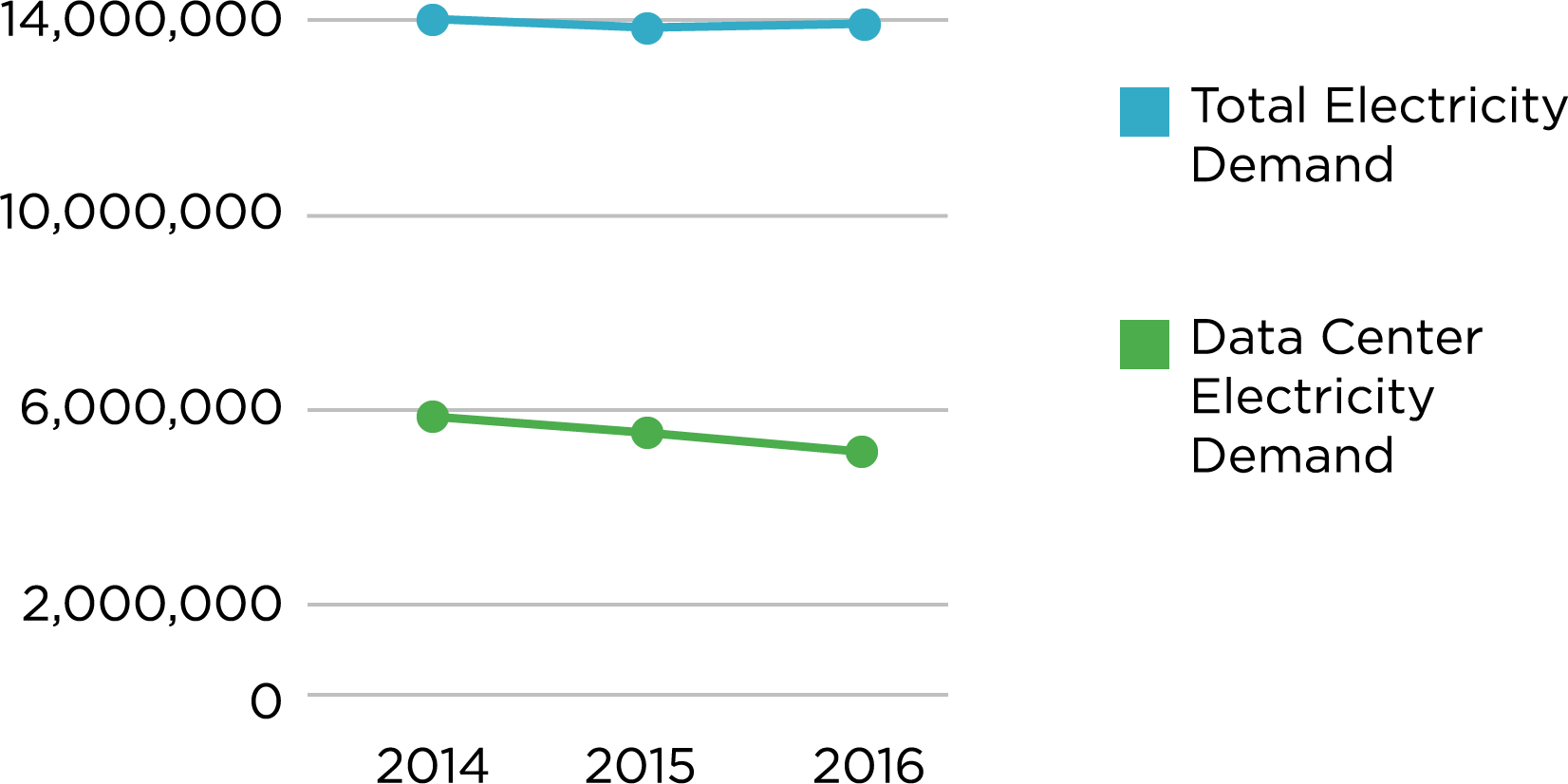
Data center activities make up roughly 30-40% of our energy demand. Since 2014, the Information Technology team has increased energy efficiency at our primary data center by 11% — in large part from upgrading data center equipment to more energy-efficient models. As deployment of data center management best practices continues, the increase of efficiency in this area also will continue.

Steve Stewart
Data Center Manager
We have several lighting and equipment upgrades planned for 2017. We will couple these changes with increased outreach to employees informing them of better energy — use habits to decrease energy demand year after year.
Did you know?
According to the EPA’s ENERGY STAR Program, replacing outdated server equipment with ENERGY STAR-certified models can save $60-$120 annually per server in energy costs.
In this case, our trash talk is true: Most of the waste we generate is avoidable or recyclable. Collectively across our facilities, we divert more than 58% of our waste from the landfill annually. Unfortunately, some waste haulers do not offer full recycling or composting solutions, which limits our ability to maximize diversion in some areas. However, we are committed to increasing our diversion rate through educating employees across all facilities, expanding services and engaging our waste-hauling partners to implement more comprehensive programs.
2016 Waste Diversion by Category
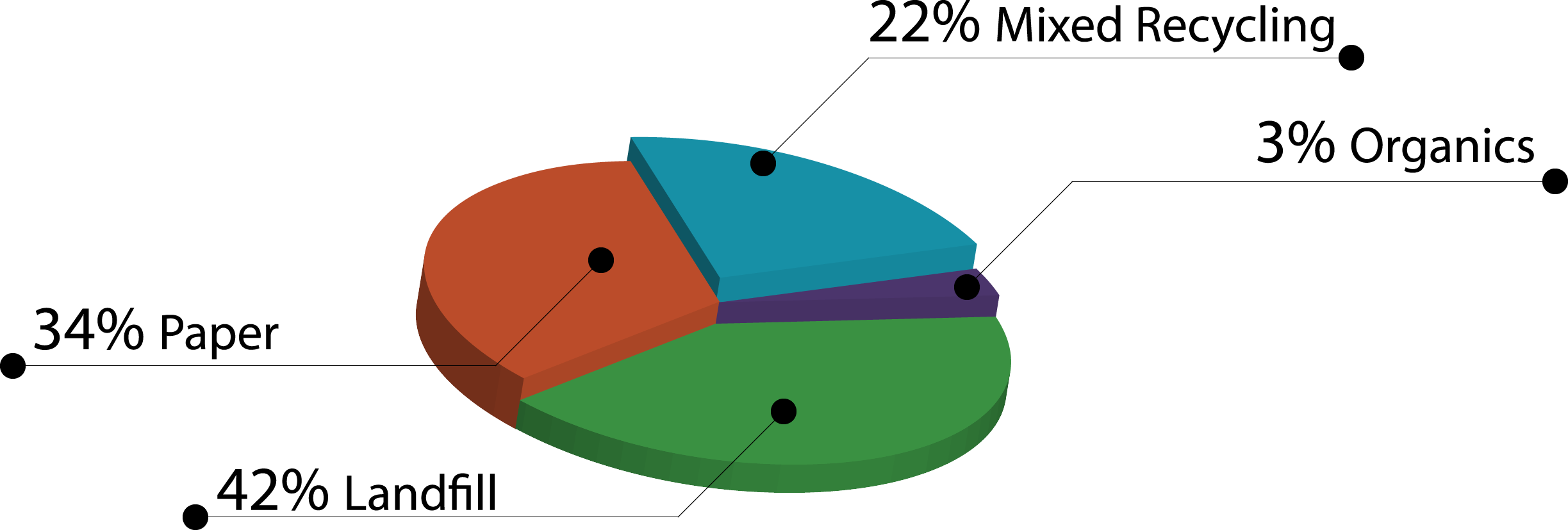
We have mandatory mixed recycling at all of our major facilities. Additional third-party resources ensure compliance with proper disposal of confidential communications and electronic waste, and they assist us with furniture donations when we change or upgrade office space.
Our facility managers and employee volunteers also pitch in and manage recycling efforts that go beyond the capabilities of local service providers. For example, employees have arranged packing foam recycling in San Francisco and cooking oil recycling for the café in Rancho Cordova. Facility managers also host educational events to engage employees in waste-diversion efforts.

Latrice Brock
Facilities Manager
Did you know?
Looking ahead, we will implement programs focused on waste prevention and conduct a waste audit of our largest facility to identify the most commonly discarded materials and how to divert them from the landfill.
Dental insurance historically is an extremely paper-intensive industry. Year after year, we continue to make great strides in decreasing our paper consumption within our offices and with our client communications through adopting more digital-based delivery methods.
As global citizens, we recognize the important role forests have in mitigating climate change, providing habitat and promoting ecosystem health and diversity. We also understand that paper production generates a slew of negative environmental impacts, including air, water and waste pollution. Sourcing paper from responsible vendors and decreasing consumption is a central component to Delta Dental’s strategy for driving operational efficiency, financial savings and positive environmental outcomes.
Paper Reduction Strategy
Many Delta Dental business departments have switched to digital filing, and printers have been consolidated and now default to double-sided printing. As a result, our office-use paper consumption has decreased by 58% since 2013. Additionally, we primarily use copy paper that has been harvested from sustainably managed forests and made from 100% post-consumer fibers.
To reduce our significant paper-based impact on the environment, we are working with our enrollees and providers to drive greater awareness of and adoption to our online and paperless solutions. We also are working with our vendors and mail houses to continue to procure paper that is more sustainably harvested, contains post-consumer fibers and printed using vegetable-based inks.
While it is unlikely that paper use will be eliminated, we will continue to focus on paper reduction, consumption awareness and promotion of paperless options with employees, vendors and customers.
Did you know?
If our largest 20 commercial business customers chose Delta Dental’s paperless communications for their employee benefit programs, it could save more than 2,260 trees annually — equivalent to 18.8 million sheets of paper2.
Water is a precious resource. We use water in our kitchens, restrooms, break rooms, cafeterias, cooling systems and for outside landscaping. Several of our buildings already use water-saving technologies such as sensors, low-flow fixtures and recycled water for outdoor irrigation.
We believe accounting for our water consumption is important, especially since many of Delta Dental’s offices are prone to drought conditions. We are working with our property managers and owners to better understand our water footprint and are evaluating methods to continually reduce our consumption.
Did you know?
According to the EPA WaterSense program, replacing inefficient toilets that consume 3.5 gallons per flush (gpf) with a model that is 1.28 gpf or less could save 5,500 gallons of water per year. To put this in perspective, if a 10-story office building with 1,000 occupants made the switch to this technology, it could save 1.2 million gallons of water per year, an estimated $10,000 in water costs!
Carbon dioxide (CO2), along with several other greenhouse gas emissions, contributes to climate change and results from aspects of our business that require burning fossil fuels for energy and transportation, sending material to landfill and harvesting trees for paper. Climate change continues to be one of the largest threats to communities around the world, increasing the frequency of severe weather and natural disasters. Climate change also can interfere with our business operations and delay the processing of claims. Delta Dental has adopted best practices to measure its annual contribution to climate change by tracking emissions from onsite power generation (scope 1 emissions), electricity use (scope 2 emissions), business travel and employee commute activities (scope 3 emissions).
2016 Carbon Footprint, 16,620 metric tons CO2e
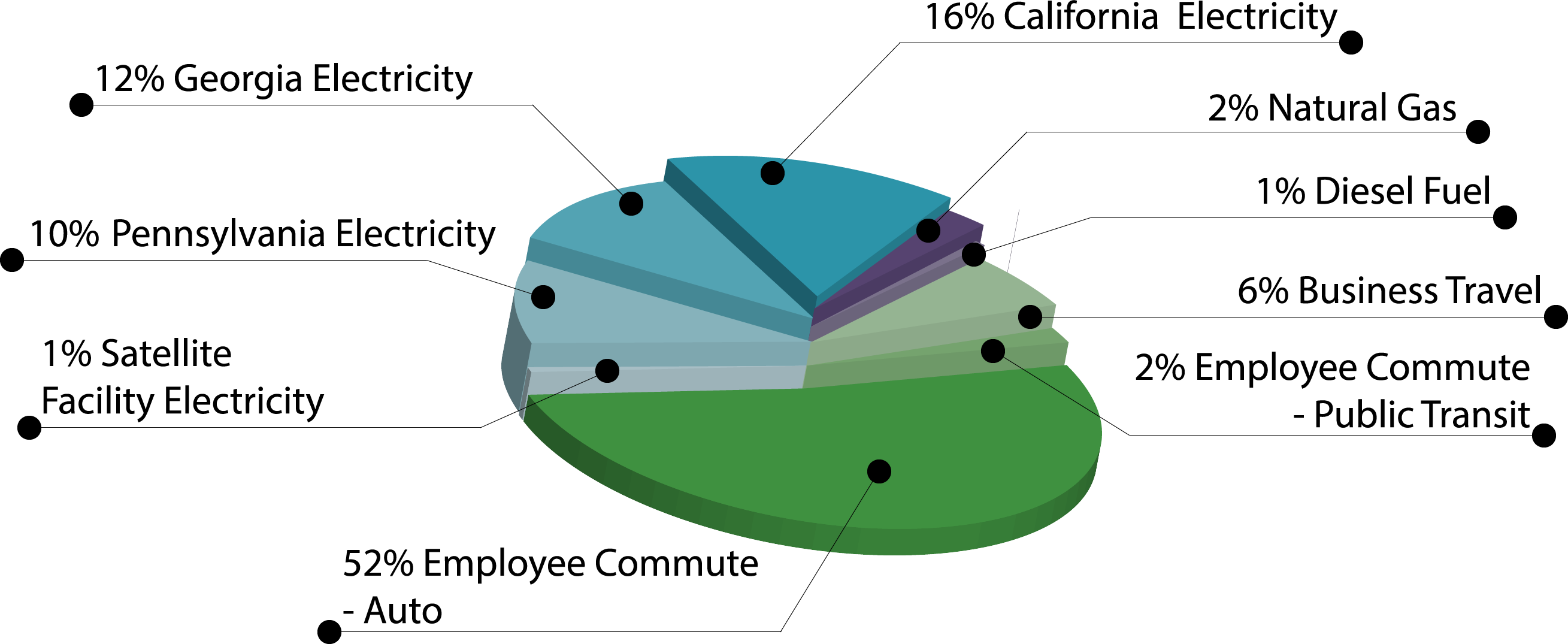
To mitigate our contribution to climate change, we are increasing energy efficiency in our facilities and shifting our electricity generation to renewable resources. For example, at our largest facility, we purchase Renewable Energy Certificates (RECs) from our local utility provider. Currently, RECs match 50% of our electricity demand at this facility. Companywide, this purchase is equivalent to 10% of our electricity demand and qualifies Delta Dental as an EPA Green Power Partner. Looking ahead, we are considering additional REC purchases for our facilities in Pennsylvania and Georgia as well as onsite power generation options.

Clay Calloway
Solutions Architect
More than half of our climate impact results from employees commuting to and from work. To improve in this area, we aim to lease facilities that have access to public transportation stops and EV charging stations, and we have a commuter benefit program that offers employees the option of using pre-tax dollars for public transportation expenses. Several of our facilities also have showers onsite, which makes it more convenient for employees to bike to work.
Delta Dental spends millions of dollars annually on procurement to support its business services. Paper accounts for one of our largest expenses, but that number continues to decline as providers and enrollees adopt our online and paperless solutions.
We are working with our print vendors to use sustainably harvested paper with post-consumer fibers.
We enable staff to make informed procurement decisions: from IT equipment to office supplies.
Through our procurement value chain, we have the opportunity to influence sustainable business practices and encourage the use of environmentally preferred products such as items with recycled content and third party certifications.
Procurement decisions are guided by our Green Procurement and Conservation Policy.
More than 30% of office supply dollars are used to buy green products.
Delta Dental continues to expand its access to dental care and holds strong customer retention rates. As we grow, we recognize that demonstrating responsible business practices and embedding efficiency and sustainability into our business decisions are important when serving our groups, enrollees and providers.
Alyssa Heffernan
Relationship Manager — Health Products and Services
AARP
Delta Dental’s online services make information and payments easy and paper-free!
We will continue to promote paperless communication options for enrollees, providers and groups to provide superior customer service while significantly reducing our dependence on paper and the natural resource-intensive lumber industry.
Nearly 25% of primary enrollees have signed up for online services. As a result, more than half of benefit packet communications were sent electronically instead of by mail.
Paperless adoption is one of the biggest opportunities Delta Dental enrollees, providers and groups have to make a positive difference for the environment.
In 2016, suppressed mailings had the estimated environmental benefits equivalent to2:
Online tools for enrollees provide up-to-date coverage details and treatment history in just a few clicks.
Enroll for an online account and select paperless communication preferences directly at: deltadentalins.com.
Did you know?
If all Delta Dental enrollees and providers chose paperless explanation of benefits (EOBs), it would save more than 16,800 trees annually — the equivalent to 140 million sheets of paper. This also has the estimated environmental benefits equivalent to saving 24 Olympic-sized swimming pools of water, 48 garbage trucks filled with solid waste and removing 356 cars from the road2.
Delta Dental has built robust tools to ensure you have the information you need at your fingertips such as:
Patient eligibility
Claims status
Benefits
Direct deposit
And much more!
To learn more about our provider tools and to register please visit deltadentalins.com/dentists.
Over the past few years, we’ve been very proactive in encouraging our providers to register for our online tools and electronic funds transfer. For example, we host sustainability webinars, video tutorials and in-person training sessions to educate dental offices on how to make their offices more efficient and environmentally friendly. As a result, more providers are utilizing our online capabilities and reducing paper consumption and waste every year. We are still far from 100% adoption — but we will continue to engage our providers to ensure our paperless options provide a much more powerful and easy alternative to paper mailings.

Dr. Jasmine Gorton
Gorton & Schmohl Orthodontics
Larkspur, CA
Delta Dental employees are an essential part of our sustainability journey and success.
Our employees across the country are increasing our recycling rates, strengthening our environmental commitments, organizing and participating in efficiency- and sustainability-related events and sharing ideas for continuous improvement.
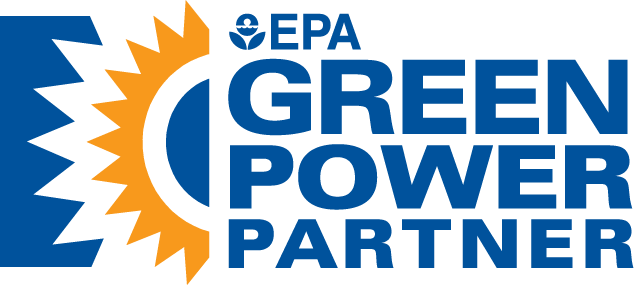
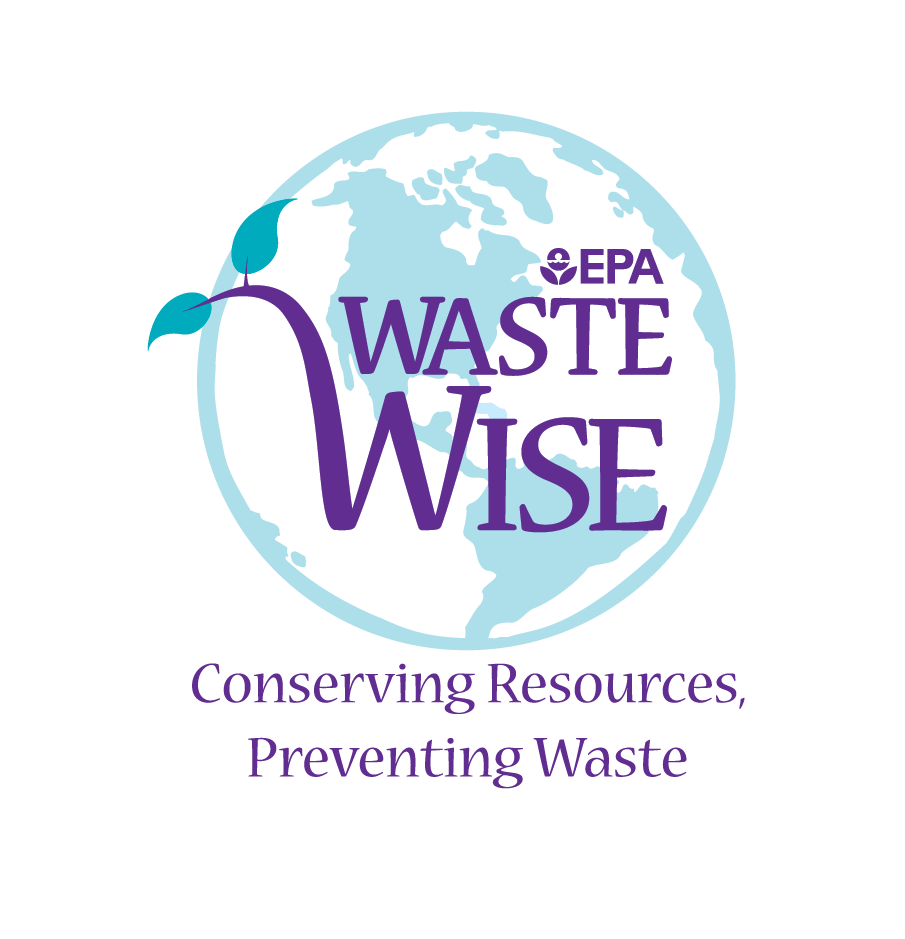
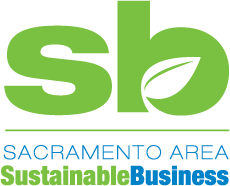
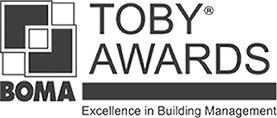
While we are proud of what we have accomplished, we know there is more work to do. Looking ahead, we’ll focus our efforts on areas of our organization that can make the biggest positive difference for our planet and communities. These areas include:

Using a supported browser?
Be sure JavaScript is enabled in your browser settings.